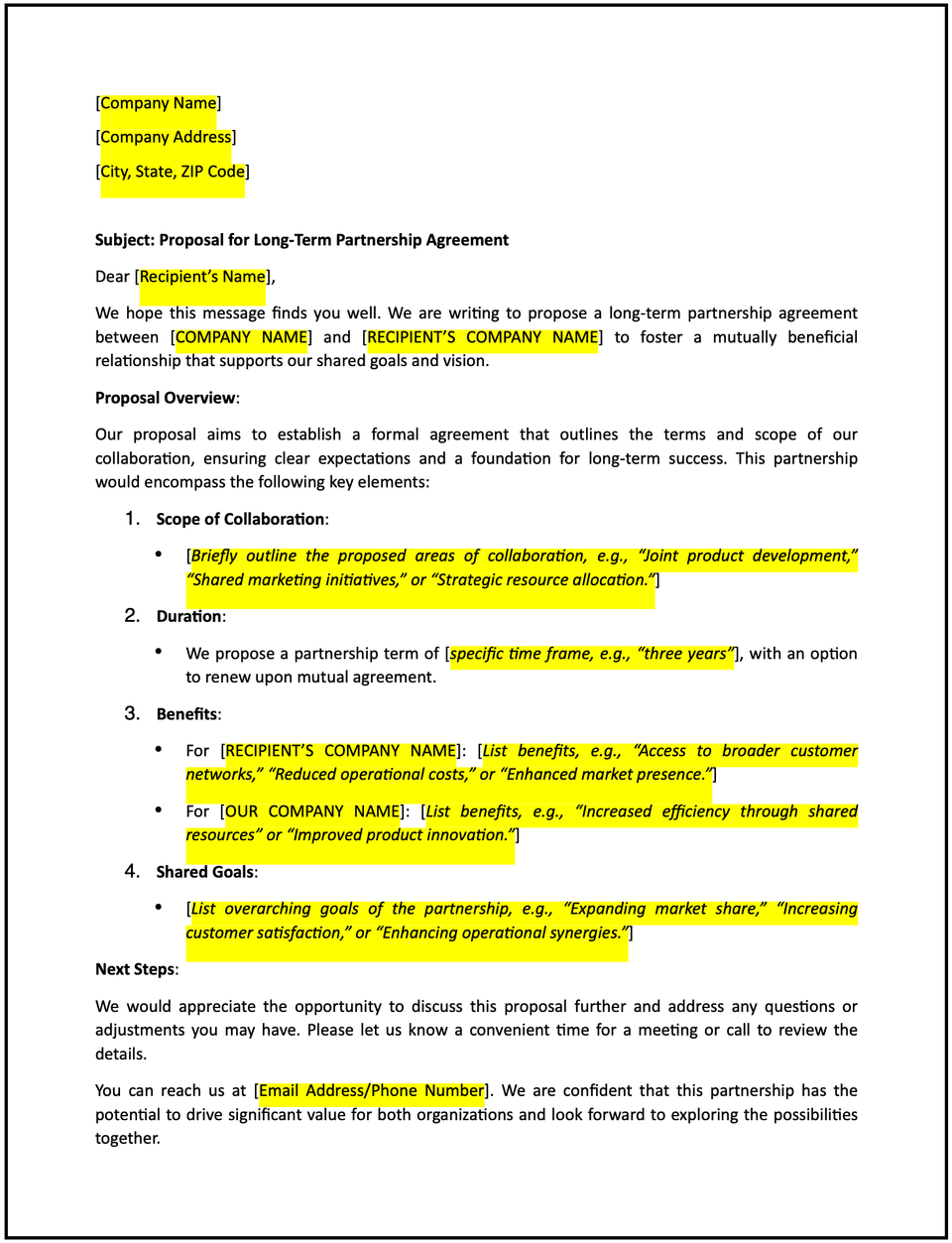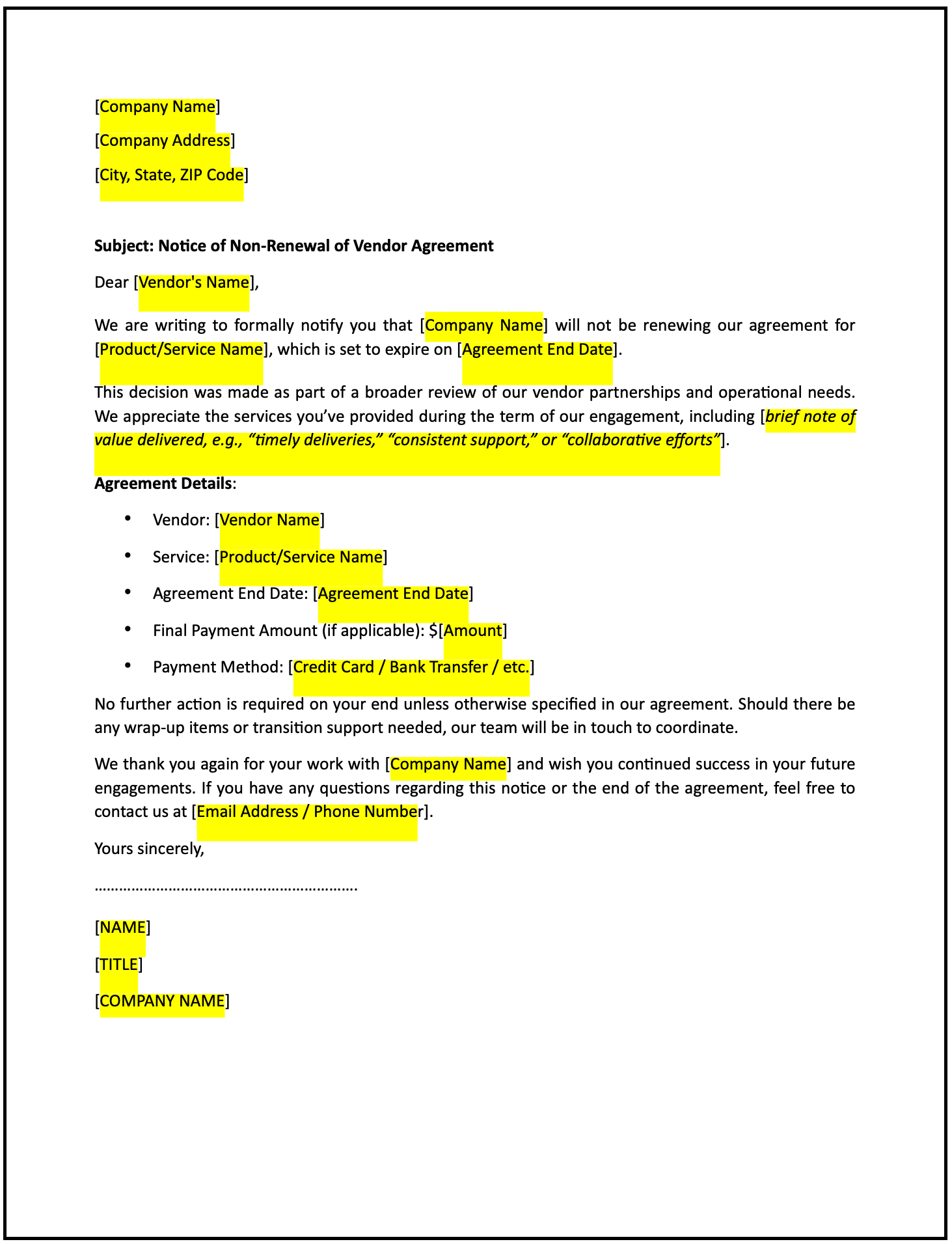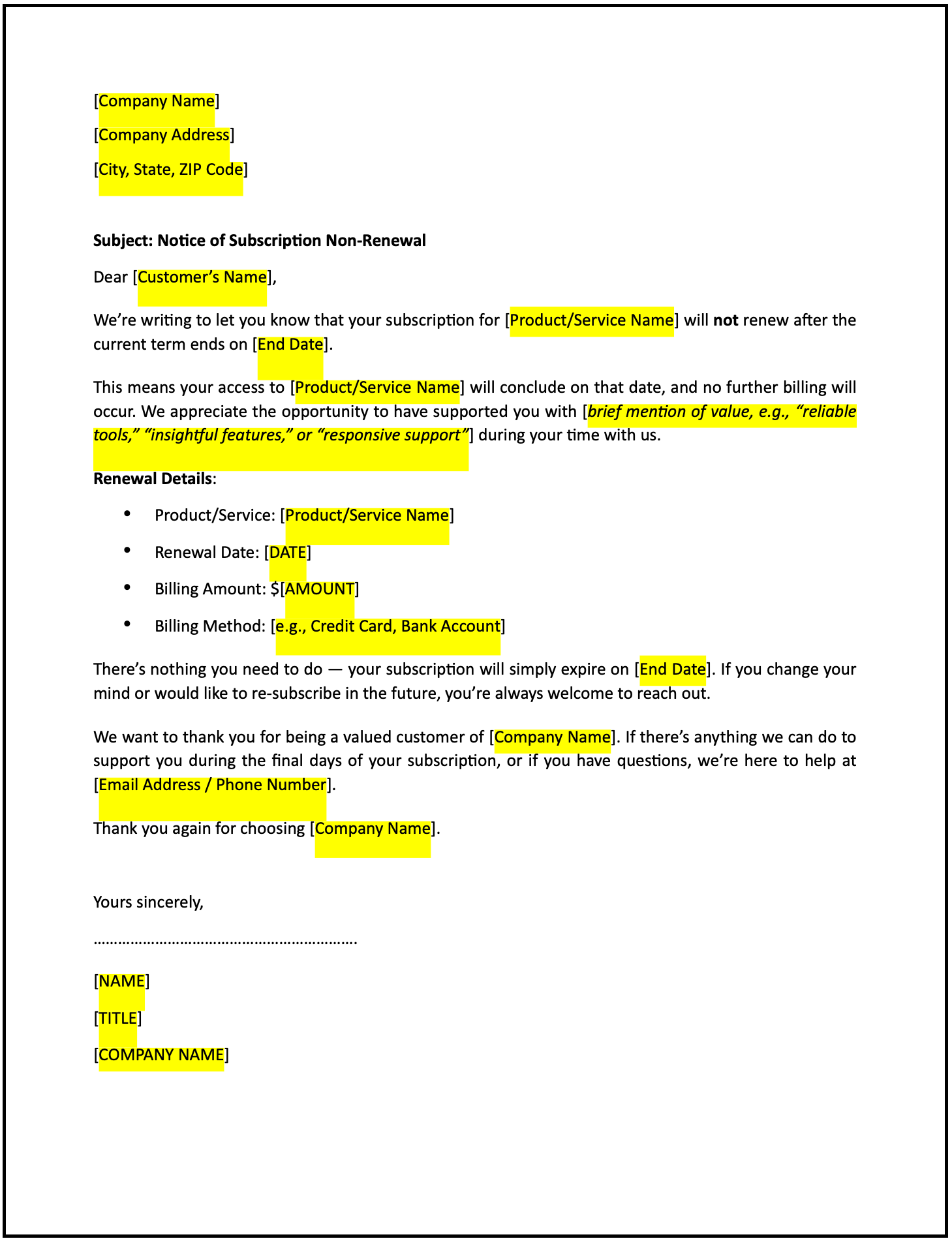Letter of proposal for long-term partnership agreement: Free template

Letter of proposal for long-term partnership agreement
A letter of proposal for a long-term partnership agreement is a formal communication used to propose a mutually beneficial and sustained collaboration between two parties. This letter outlines the purpose, potential benefits, and key terms of the proposed partnership, setting the stage for further discussions and alignment.
How to use this letter of proposal for long-term partnership agreement
- Open with an introduction: Address the recipient respectfully and acknowledge their organization’s expertise, achievements, or relevance to the proposed partnership.
- State the purpose: Clearly communicate your intent to propose a long-term partnership and its strategic value.
- Provide context: Briefly explain your organization’s goals and why the partnership aligns with these objectives.
- Highlight mutual benefits: Emphasize how the partnership will create value for both parties, such as shared resources, expanded reach, or joint innovation.
- Outline key terms: Include preliminary details about the scope, duration, and focus of the partnership.
- Invite collaboration: Suggest a meeting or discussion to refine the proposal and ensure alignment.
- Maintain a professional tone: Ensure the letter is clear, respectful, and focused on fostering enthusiasm for the collaboration.
- Provide contact information: Include details for the recipient to reach out with questions or to arrange a meeting.
Letter of proposal for long-term partnership agreement template
[INSERT]
Benefits of using a letter of proposal for long-term partnership agreement
This letter ensures a structured and professional way to initiate a long-term partnership while fostering trust and collaboration. Here’s how it helps:
- Promotes alignment: Outlining objectives and benefits ensures both parties understand the partnership’s value.
- Reflects professionalism: A well-crafted letter demonstrates respect and strategic intent.
- Encourages collaboration: Highlighting mutual benefits inspires enthusiasm and engagement.
- Builds trust: Transparent communication sets the foundation for a strong and lasting relationship.
- Supports strategic growth: Establishing partnerships fosters innovation, efficiency, and shared success.
Tips for writing an effective letter of proposal for long-term partnership agreement
- Be specific: Clearly describe the partnership’s purpose, scope, and potential benefits.
- Use professional language: Maintain a respectful and constructive tone to foster collaboration.
- Provide context: Briefly explain your organization’s goals and how the partnership aligns with them.
- Highlight mutual benefits: Emphasize how the partnership will support both parties’ strategic priorities.
- Include actionable steps: Share instructions for scheduling a discussion or providing feedback on the proposal.
- Keep it concise: Focus on the essential points while ensuring the tone is professional and engaging.
Frequently asked questions (FAQs)
Q: What details should I include in this letter?
A: Include the purpose of the partnership, potential benefits, and preliminary terms such as scope and duration.
Q: Should I personalize the letter?
A: Yes, addressing the recipient by name and referencing their organization’s strengths demonstrates attentiveness and respect.
Q: Who typically sends this letter?
A: Business development teams, executives, or founders typically send this letter.
Q: How formal should this letter be?
A: The tone should be professional, respectful, and focused on fostering alignment.
Q: When should this letter be sent?
A: Send the letter at the start of discussions about potential collaboration to establish a clear framework.
Q: Can this letter include a draft agreement?
A: Yes, attaching a draft agreement can provide a starting point for discussions.
Q: Is acknowledgment from the recipient required?
A: While not mandatory, requesting acknowledgment ensures the recipient is considering the proposal and interested in further discussions.
This article contains general legal information and does not contain legal advice. Cobrief is not a law firm or a substitute for an attorney or law firm. The law is complex and changes often. For legal advice, please ask a lawyer.


